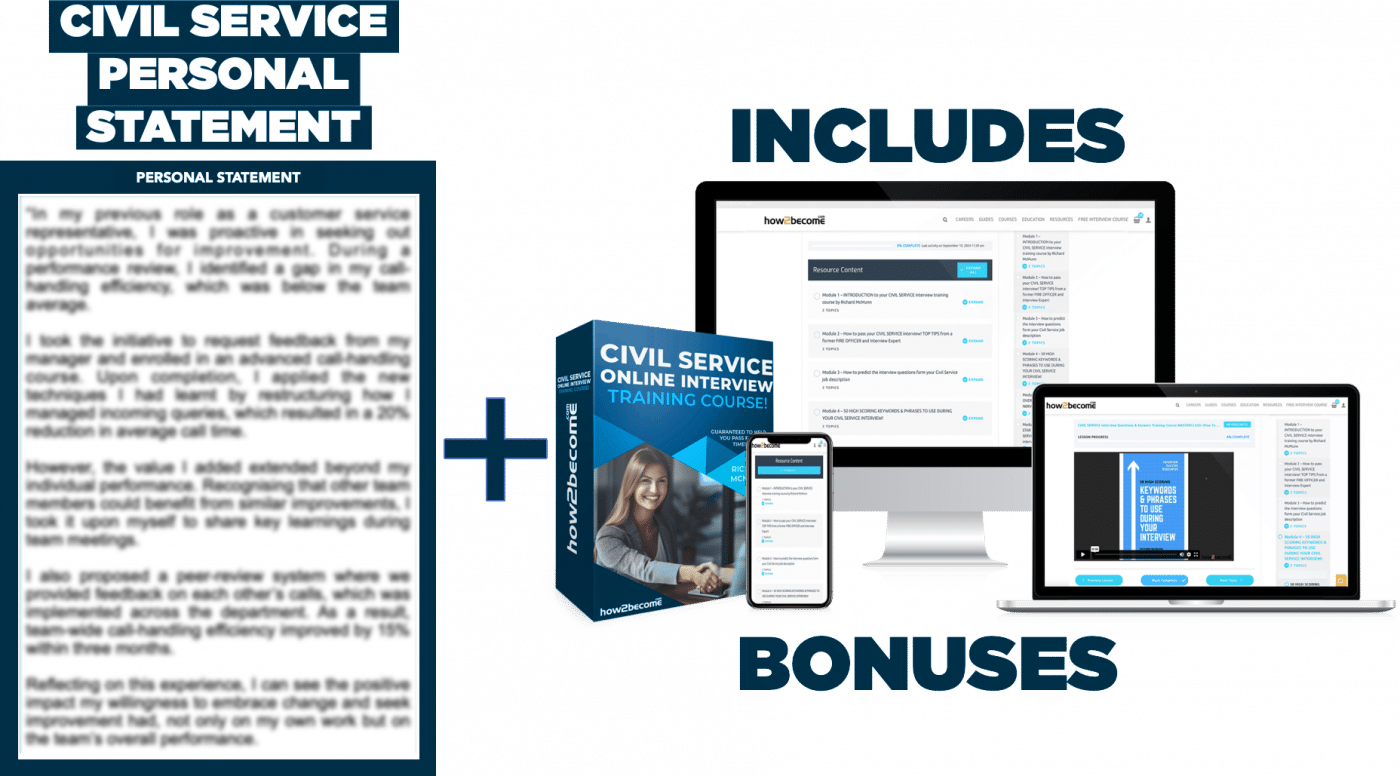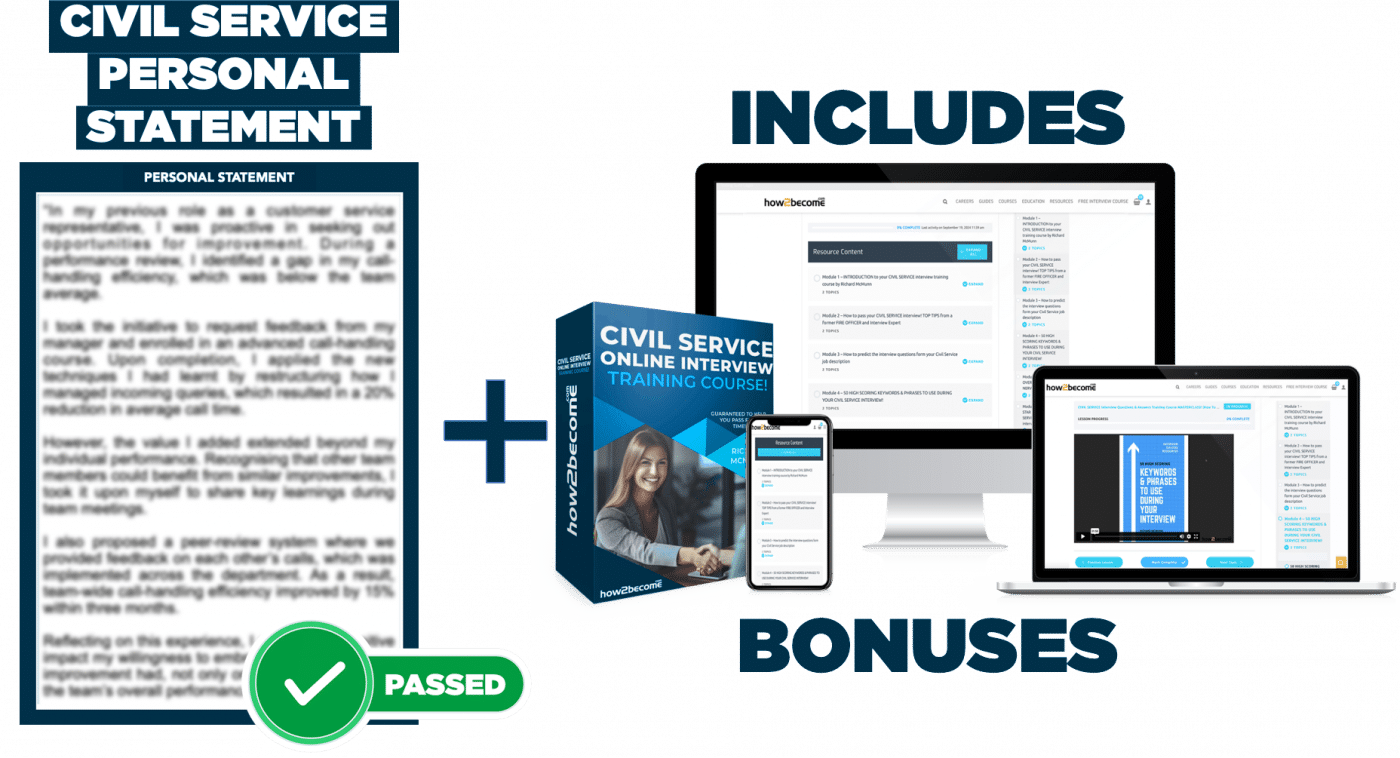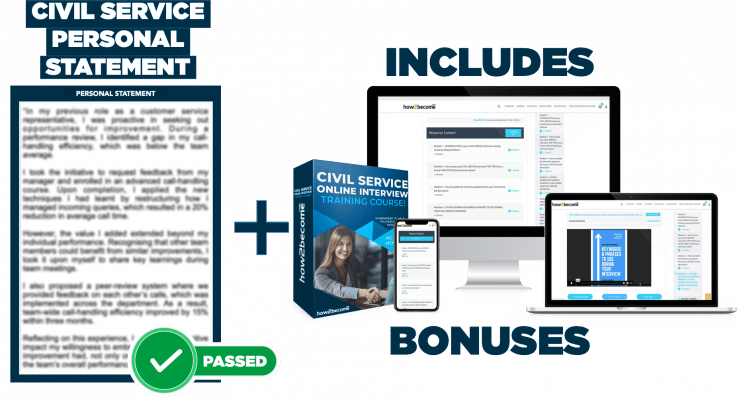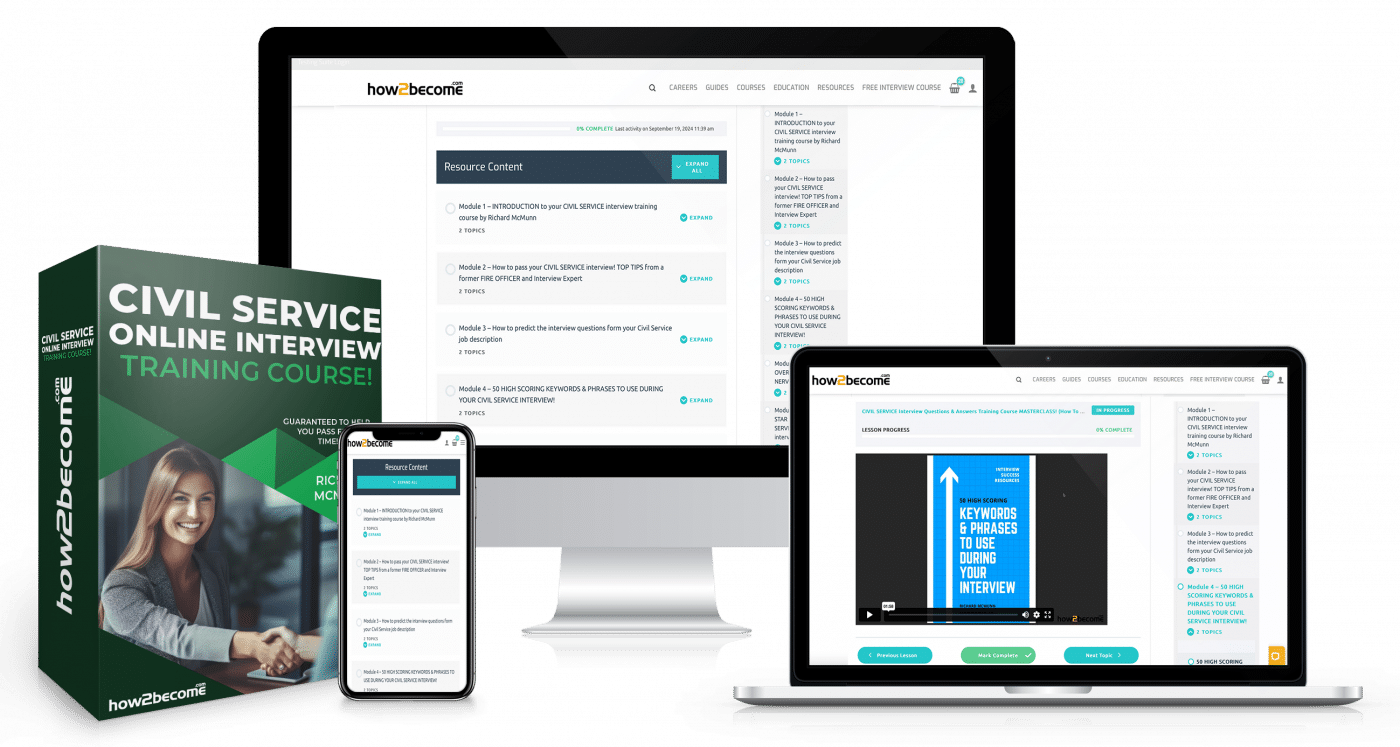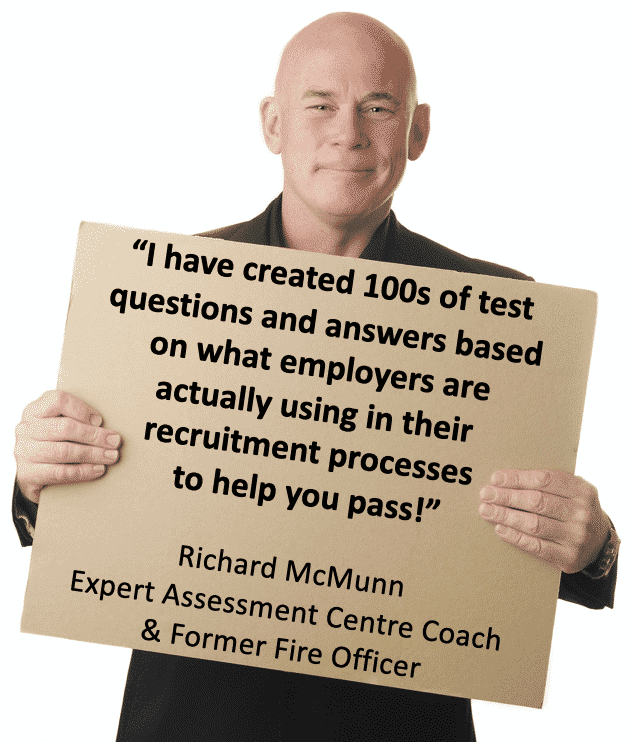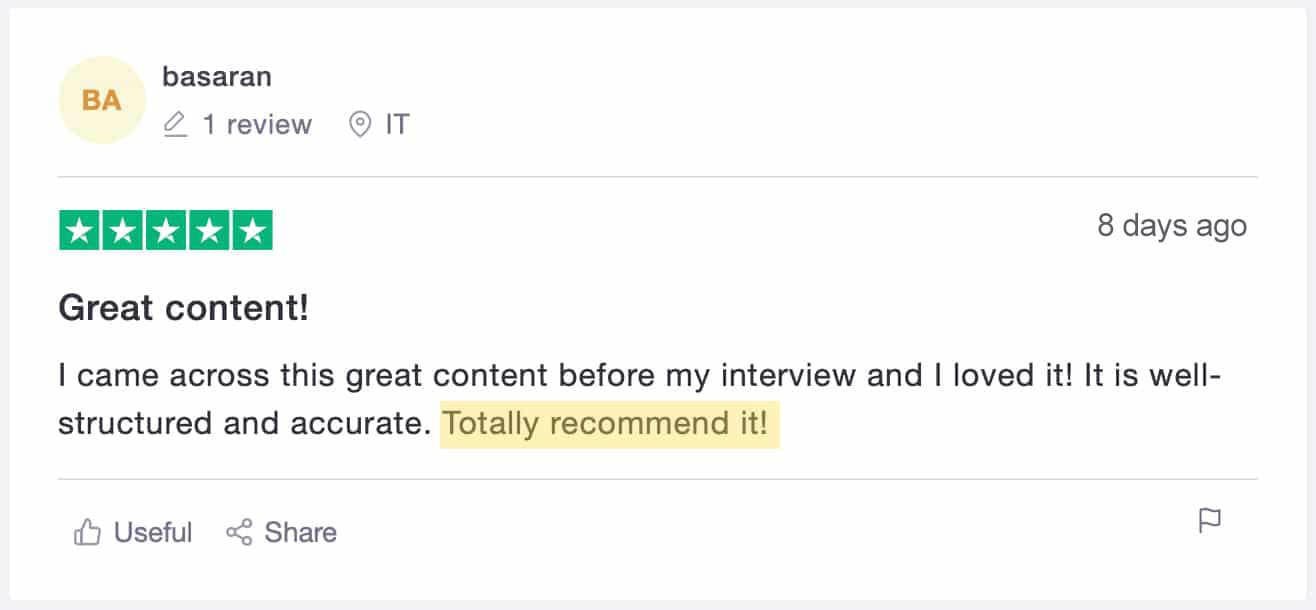THE REQUIRED SKILLS, VALUES AND BEHAVIOURS FOR CIVIL SERVICE APPLICANTS
As previously explained, having the desired experience will simply not be enough to be successful in getting to the next stage. You will need to include the required skills & behaviours from the job description, plus the organisation’s code.
You can find out the behaviours of the Civil Service and the associated strengths an organisation by checking their website, or searching for the Civil Service Success Profiles. As an example of what to include, we will look at all of the Civil Service behaviours, although you will only have to include the ones which are relevant to the position being applied for.
WHAT ARE THE CIVIL SERVICE BEHAVIOURS?
There are nine key Civil Service behaviours based on the success profiles that underpin all job functions within this fantastic corporation. We urge that you learn and comprehend the behaviours before to attending your interview in order to do well in the Civil Service. To assist you, a brief overview and explanation of each of the nine Civil Service behaviours is provided below.
DELIVERING AT PACE
Delivering with pace means getting things done on schedule and at a high level. To work in the Civil Service, you must be determined, adaptable, flexible, enthusiastic, and committed to exceedingly high standards.
CHANGING AND IMPROVING
You must demonstrate your ability to come up with innovative and creative methods to solve problems and enhance your own and your team’s performance in your responses to questions that examine your capacity to improve and change. You must demonstrate that you are capable of continually analysing your performance and asking for and reacting to input from others on a regular basis.
SEEING THE BIG PICTURE
When responding to interview questions on viewing the bigger picture, you need to demonstrate that you understand how your job post fits within the Civil Service and its aims. You must also demonstrate an understanding of how your effort contributes to the greater benefit of the nation.
MAKING EFFECTIVE DECISIONS
While working in the Civil Service, it is critical that you use data and information to make sound judgments. This is significantly more effective than taking excessive risks or relying just on intuition! When making decisions, demonstrate that you have considered all possibilities and the expected consequence.
COMMUNICATING AND INFLUENCING
In an organisation like the Civil Service, you must communicate with clarity, confidence, purpose, and a passionate tone. When interacting with people, demonstrate that you respect their opinions and that you regard their needs.
DEVELOPING SELF AND OTHERS
Working in the Civil Service requires continuous learning and growth. Demonstrate in your replies to the interview questions that you have what it takes to recognise your own and others’ development needs.
MANAGING A QUALITY SERVICE
Working in the Civil Service requires you to give a quick, efficient, and professional service. You must operate efficiently, adhere to stringent service requirements, and aim to continuously improve while fulfilling the varying requirements of your clients.
WORKING TOGETHER
Within the Civil Service, you will be required to collaborate with other internal members, departments, external contractors, and stakeholders. As a result, collaboration is a crucial ability for all occupations. Show your capacity to cooperate with everyone, regardless of their background, perspectives, or ideas, in your responses to the ‘working together’ interview questions.
LEADERSHIP
As a Civil Service leader, you must be passionate about providing exceptional public services. You must excite, inspire, and guide people in order to fulfil the Civil Service’s goals. In all you do, you must value diversity, act fairly and respectfully, and cherish and respect the contributions of others while generating opportunities for everyone.
















